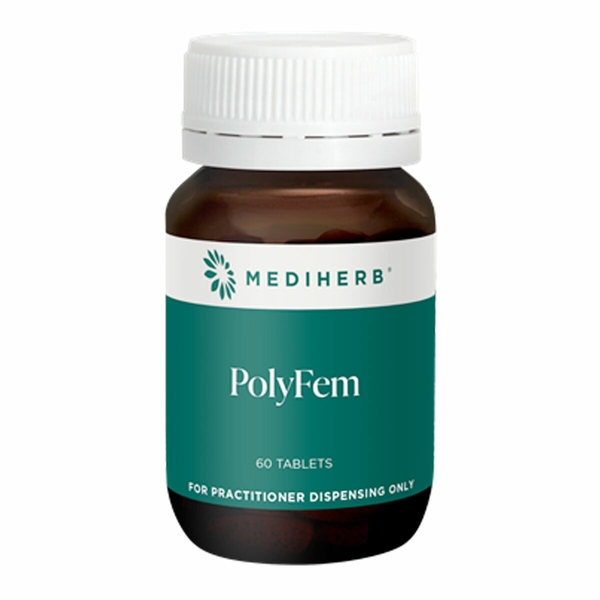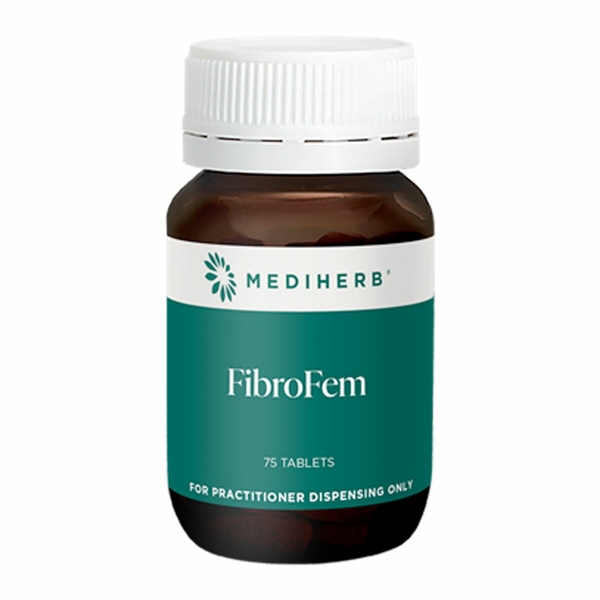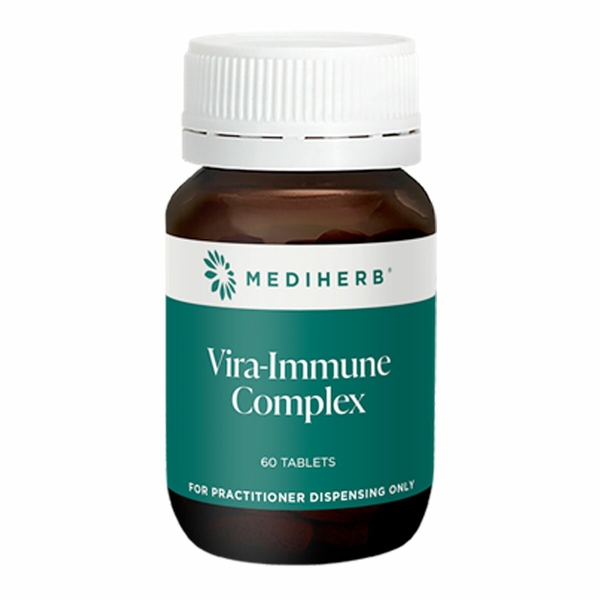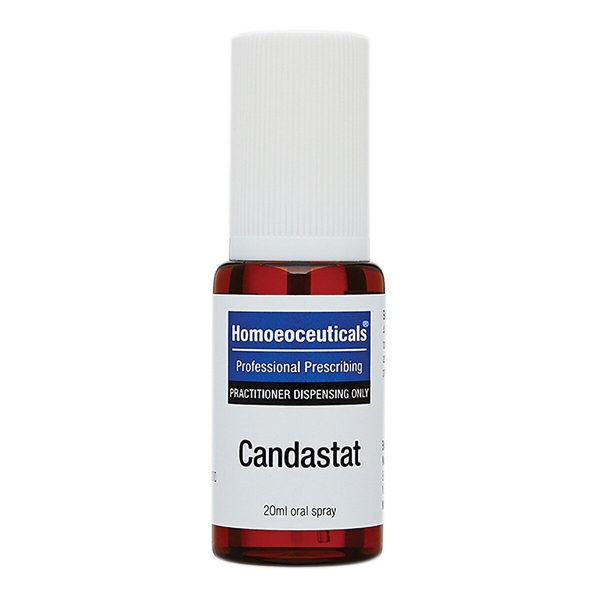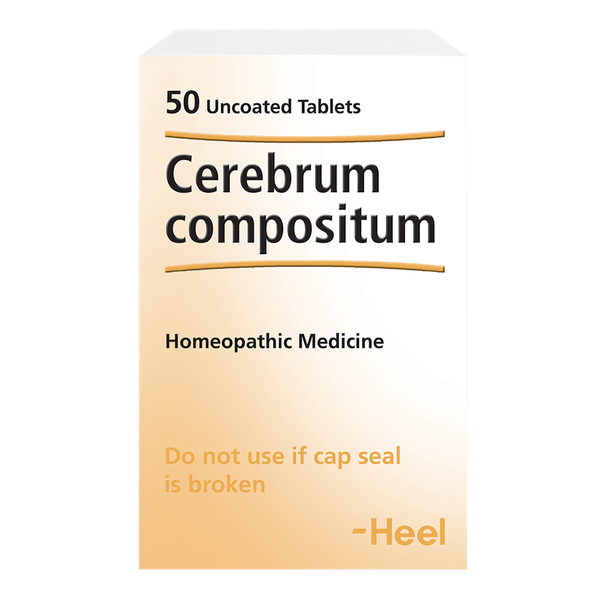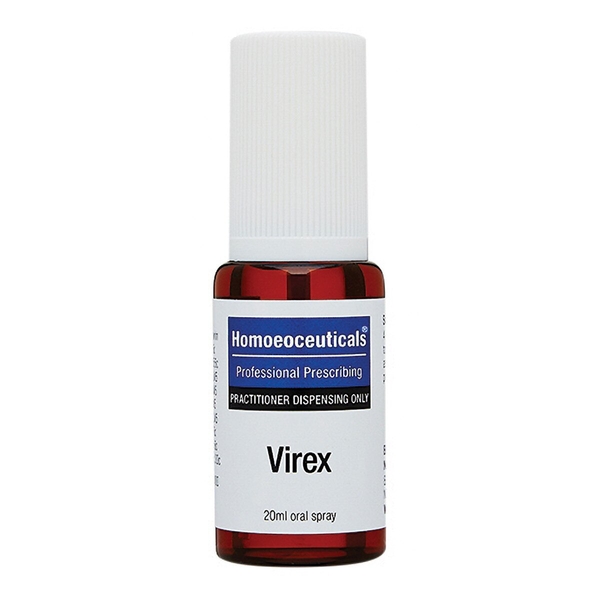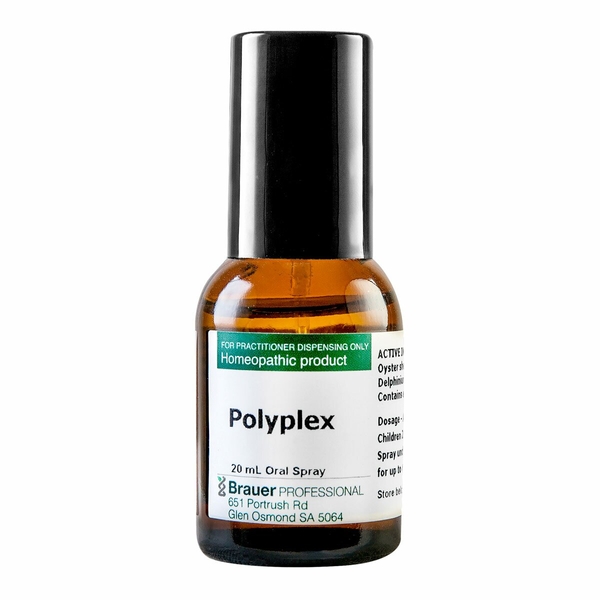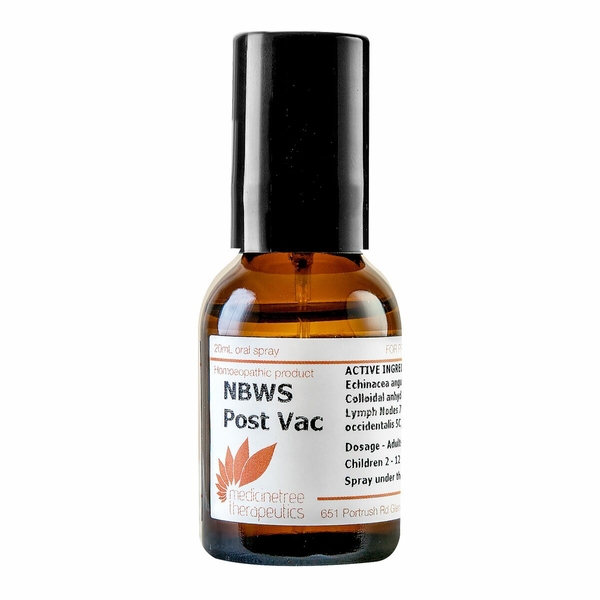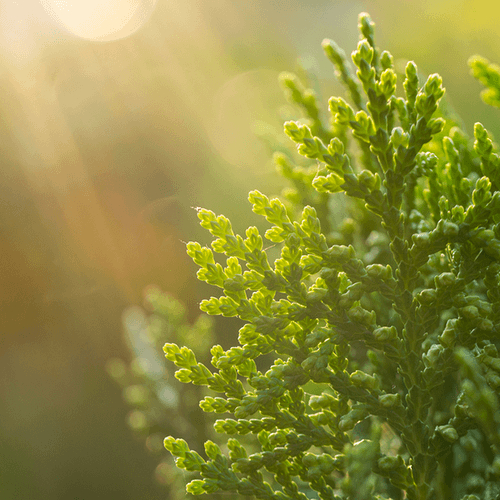
Background
People use thuja for various conditions, including respiratory tract infections, cold sores (herpes labialis), osteoarthritis, and many others, but there is no good scientific evidence to support these uses.
Safety Safety definitions
When applied to the skin: There isn't enough reliable information to know if thuja is safe or what the side effects might be.
Special Precautions & Warnings:
Pregnancy and breast-feeding: It's LIKELY UNSAFE to take thuja by mouth if you are pregnant. Thuja might cause a miscarriage. It is also LIKELY UNSAFE to take thuja by mouth if you are breast-feeding. Stay on the safe side and avoid use."Auto-immune diseases" such as multiple sclerosis (MS), lupus (systemic lupus erythematosus, SLE), rheumatoid arthritis (RA), or other conditions: Thuja might cause the immune system to become more active, and this could increase the symptoms of auto-immune diseases. If you have one of these conditions, it's best to avoid using thuja.
Seizures: Taking thuja might cause seizures in some people. Don't take thuja if you have a history of having seizures.
Effectiveness
Dosing & administration
Interactions with pharmaceuticals
Medications that decrease the immune system (Immunosuppressants)
Interaction Rating=Moderate Be cautious with this combination.
Thuja can increase the activity of the immune system. Taking thuja along with some medications that decrease the immune system might decrease these medications' effectiveness.
Some medications that decrease the immune system include azathioprine (Imuran), basiliximab (Simulect), cyclosporine (Neoral, Sandimmune), daclizumab (Zenapax), muromonab-CD3 (OKT3, Orthoclone OKT3), mycophenolate (CellCept), tacrolimus (FK506, Prograf), sirolimus (Rapamune), prednisone (Deltasone, Orasone), and other corticosteroids (glucocorticoids).
Medications that increase the chance of having a seizure (Seizure threshold lowering drugs)
Interaction Rating=Moderate Be cautious with this combination.
Some medications increase the chance of having a seizure. Taking thuja might cause seizures in some people. Taking medications that increase the chance of having a seizure along with thuja might increase the risk of having a seizure. Do not take thuja with medication that increases the chance of having a seizure.
Some medications that increase the chance of having a seizure include anesthesia (propofol, others), antiarrhythmics (mexiletine), antibiotics (amphotericin, penicillin, cephalosporins, imipenem), antidepressants (bupropion, others), antihistamines (cyproheptadine, others), immunosuppressants (cyclosporine), narcotics (fentanyl, others), stimulants (methylphenidate), theophylline, and others.
Medications used to prevent seizures (Anticonvulsants)
Interaction Rating=Moderate Be cautious with this combination.
Medications used to prevent seizures affect chemicals in the brain. Thuja may also affect chemicals in the brain. By affecting chemicals in the brain, thuja may decrease the effectiveness of medications used to prevent seizures.
Some medications used to prevent seizures include phenobarbital, primidone (Mysoline), valproic acid (Depakene), gabapentin (Neurontin), carbamazepine (Tegretol), phenytoin (Dilantin), and others.
Interactions with herbs & supplements
Interactions with foods
Products
View all products- Thuja occidentalis
- Candida albicans
- Pulsatilla
- Kreosotum
- Borax (Boron)
- Sepia
- Fluconazole
- Thuja occidentalis
- Strychnos ignatii (Ignatia)
- Ruta graveolens
- Arnica montana
- Aconitum napellus (Aconite)
- Magnesium phosphoricum (Mag phos)
- Porcine brain
- Porcine embryo
- Porcine liver
- Porcine placenta
- Monobasic potassium phosphate
- Selenium
- Phosphoric acid
- Cinochona pubescens
- Sublimed sulphur
- Potassium dichromate
- Gelsemium sempervirens
- Semecarpus orientale
- Conium maculatum
- Hyoscyamus niger
- Anamirta cocculus
- Aesculus hippocastanum (Horsechestnut)
- Thuja occidentalis
- Rhus toxicodendron (Poison Ivy)
- Ranunculus bulbosus
- Nitricum acidum (Nitric acid)
- Cantharis
- Arsenicum album (Ars alb)
- Croton tiglium
- Aciclovirin
- Mezereum
- Hepar sulphuricum
- Mercurius solubilis (Merc sol)
- Thuja occidentalis
- Oyster shell
- Causticum
- Nitricum acidum (Nitric acid)
- Delphinium staphisagria
- Antimonium tartaricum
- Juniperus communis
- Thuja occidentalis
- Echinacea angustifolia
- Colloidal anhydrous silica
- Porcine thymus gland
- Porcine lymph nodes
- Porcine blood
- Porcine lymphatic vessels
- Phytolacca americana (Pokeweed)
- Acidum ascorbicum

